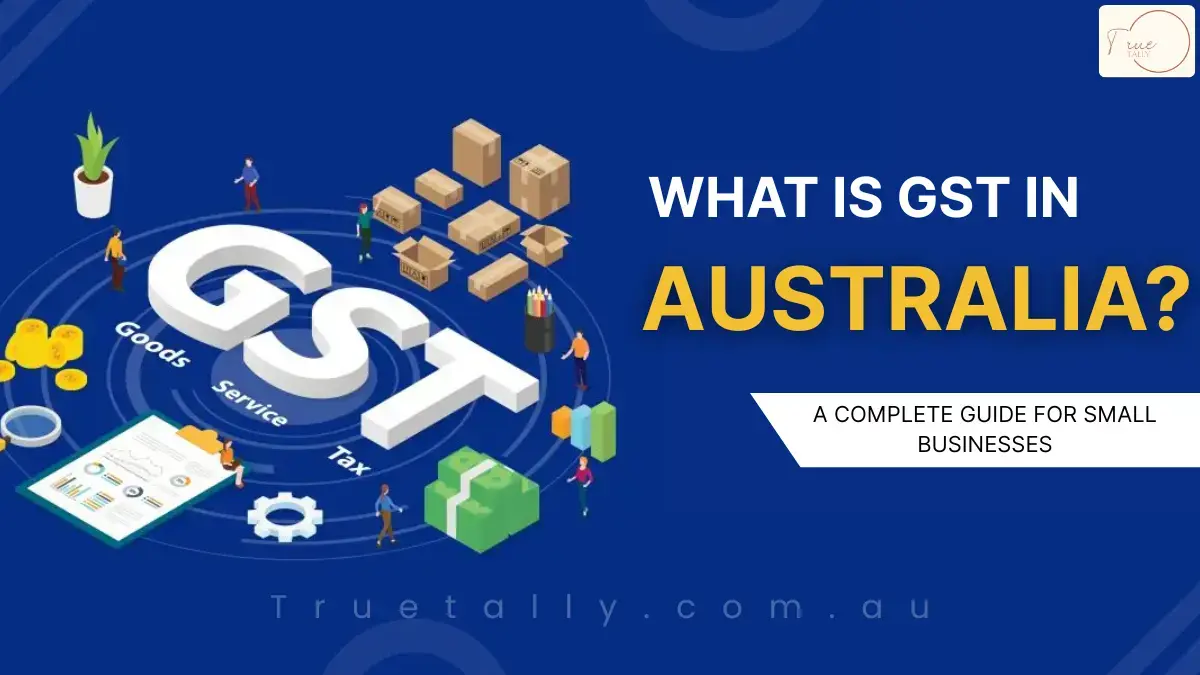Top 7 Outsourced Bookkeeping Services Firms in Sydney (2026)
Many Sydney businesses face a number of challenges when managing their bookkeeping – from rising salary costs and a lack of skilled professionals to the constant pressure to meet ATO compliance deadlines. On top of that, business owners face ongoing recruitment challenges, seasonal workloads and the demand for accurate financial reporting. It’s easy to see why many companies are now choosing outsourced bookkeeping as a more practical and cost-effective approach. By allowing experienced professionals to manage their accounts, businesses save money, gain expert knowledge and receive timely, accurate reports without the burden of recruiting or training new staff. In this blog, we’ll discuss which bookkeeping tasks you can outsource, the key benefits of doing so and the key questions to ask your virtual bookkeeper before making a decision. Top 7 Outsourced Bookkeeping Services in Sydney 1. Truetally Bookkeeping Truetally is your trusted partner for complete financial management solutions. We specialize in bookkeeping services, accounting services, payroll outsourcing services, cash flow management services and tax services that help businesses stay organized and financially strong. Our expert team ensures accurate records, streamlined payroll processing and effective tax planning so you can focus on growing your business. At Truetally Bookkeeping, we believe in providing reliable, transparent and efficient financial support tailored to your business needs. Whether you are running a startup or an established company, Truly offers smart financial solutions that help your business stay on track and thrive. Website: https://truetally.com.au/ 2. Jacoby Cameron & Co Taking care of your complete financial well-being. Jacoby Cameron & Co. At , we focus on giving your business the right advice when you need it, not just when you ask. We guide you through every part of your business, and because we build a personal connection with each client, our advice is specifically tailored to your business needs. Website: https://www.jaccam.com.au/ 3. Business Turnaround Services We are the only consultancy firm in Australia focused on building and implementing operational and strategic systems that help struggling businesses become stable, successful and profitable. We specialise in turning serious financial challenges into sustained, long-term profits for companies with annual revenues between $3 million and $20 million. Our business turnaround services are supported by a full team of professionals including bookkeepers, management accountants, IT automation specialists, managed IT specialists and digital marketing professionals. Website: https://businessturnaround.services/ 4. RippleBytes Ripplebytes is an innovative technology company dedicated to reshaping the digital world. We build smart, scalable solutions that accelerate efficiency and growth in today’s fast-paced digital age. From cutting-edge fintech systems to tailor-made software solutions, we combine modern technology with user-centric design to keep our clients ahead. At Ripplebytes, every project is a step towards creating meaningful digital experiences – one byte at a time, making waves across industries and shaping the future. Website: https://ripplebytes.com/ Also Read: Bookkeeper vs Accountant: What’s The Main Difference? (A Complete Guide) 5. CCS Partners – Chartered Accountants Established in 1992, CCS Partners is a trusted accounting firm with offices in Sydney CBD and Hurstville CBD. As an experienced and well-established firm, CCS Partners has built a strong reputation for providing expert professional advice and highly personalised services. We work hand in hand with our clients to provide taxation, accounting, audit and assurance, SMSF solutions and succession and estate planning support. Website: https://www.ccspartners.com.au/ 6. Aero Accounting Group – Tax Accountants We pride ourselves on delivering superior results for our clients, helping them move forward to achieve their dreams and ambitions. The way people interact with financial products and services is changing, and we are excited to be a part of this transformation. We aim to be your trusted partner in all things money, serving as a true ‘enabler’ on your journey to wealth growth and financial success. Are you ready to enhance your financial experience? We are always ready. Website: https://aerogroup.com.au/ 7. Operacy Staffing Operacy Staffing is a company that supports small businesses in Australia by helping them outsource specific tasks and duties to remote professionals from the Philippines. These remote workers are experienced in a variety of fields and can assist with tasks such as customer service, data entry, scheduling, and other business operations. By connecting small businesses with skilled and reliable remote staff, Operacy Staffing helps them increase their efficiency and productivity. It also provides businesses with a cost-effective way to handle a variety of responsibilities while maintaining quality and smooth workflow. Website: https://www.operacy.com.au/ Outsourced Bookkeeping Functions Offered by Sydney Firms Bookkeeping outsourcing companies in Sydney offer a full range of financial management services, including general ledger maintenance, accounts payable and receivable handling, financial reporting, tax filing, expense tracking and bank reconciliation. Below is a breakdown of the main virtual bookkeeping services available in Sydney and how they work together to provide better financial control and clarity: General Ledger Management: When Sydney businesses outsource general ledger management, they eliminate messy books and receive streamlined, accurate and ATO-compliant financial records that are always audit-ready. Accounts Payable: Accounts Payable outsourcing ensures that all invoices are managed correctly, GST credits are recorded correctly, and supplier payments are processed on time without errors or delays. Accounts Receivable: By delegating receivables management, companies maintain consistent cash flow, reduce overdue payments, and strengthen their working capital position through stable collections. Bank Reconciliation: A skilled remote bookkeeper reviews bank transactions daily, allowing businesses to always have a clear view of their actual cash balances, helping them make smart and timely financial decisions. Payroll Management: Outsourced payroll services manage superannuation, PAYG, STP submissions, award rates, holiday entitlements, and NSW payroll tax. This keeps your business in compliance with Fair Work and ensures that employees are paid accurately and on time. Financial Reporting: Professional outsourced bookkeepers prepare customized financial statements and provide insights to accelerate growth while meeting Australian compliance and reporting standards. Accounting Automation: Virtual bookkeeping teams use accounting automation tools to streamline processes, reduce manual work and increase accuracy by lowering overall operational costs. Tax Preparation: Outsourced tax specialists manage BAS, GST, and year-end tax liabilities, ensuring full compliance and helping businesses secure









